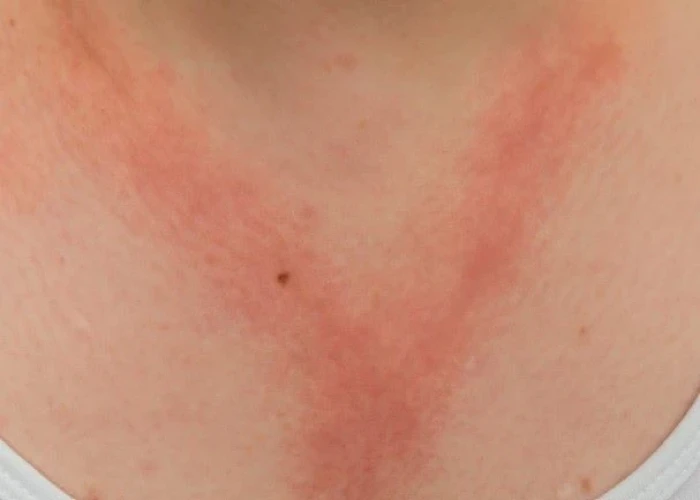 Welcome
Welcome
“May all be happy, may all be healed, may all be at peace and may no one ever suffer."
Nickel allergy

Nickel allergy is a common cause of allergic contact dermatitis - an itchy rash that appears where your skin touches a usually harmless substance.
Nickel allergy is often associated with earrings and other jewelry. But nickel can be found in many everyday items, such as coins, zippers, eyeglass frames, cosmetics, detergents, and even some electronics, including cellphones and laptops.
It may take repeated or prolonged exposure to items containing nickel to develop a nickel allergy. Treatments can reduce the symptoms of nickel allergy. Once you develop a nickel allergy, however, you'll always be sensitive to the metal and need to avoid contact.
Research Papers
Disease Signs and Symptoms
- Skin bumps
- Itching
- Redness or changes in skin color
- Dry patches of skin that may resemble a burn
- Blisters and draining fluid in severe cases
- Allergy
Disease Causes
Nickel allergy
The exact cause of nickel allergy is unknown. As with other allergies, nickel allergy develops when your immune system views nickel as a harmful, rather than harmless substance. Normally, your immune system only reacts to protect your body against bacteria, viruses or toxic substances.
Once your body has developed a reaction to a particular agent (allergen) — in this case, nickel — your immune system will always be sensitive to it. That means anytime you come into contact with nickel, your immune system will respond and produce an allergic response.
Your immune system's sensitivity to nickel may develop after your first exposure or after repeated or prolonged exposure.
Sources of nickel exposure
Common items that may expose you to nickel include:
- Jewelry for body piercings
- Other jewelry, including rings, bracelets, necklaces and jewelry clasps
- Watchbands
- Clothing fasteners, such as zippers, snaps and bra hooks
- Belt buckles
- Eyeglass frames
- Coins
- Metal tools
- Cellphones
- Keys
- Military "dog-tag" ID
- Chalk
- Medical devices
- Laptops or computer tablets
- E-cigarettes
Some extremely sensitive people may be affected by nickel-containing foods. Some foods that contain high amounts of nickel include soy products, peas, canned foods, cocoa powder, clams and cashews.
Disease Prevents
Nickel allergy
The best strategy to prevent a nickel allergy from developing is to avoid prolonged exposure to items containing nickel. If you already have a nickel allergy, the best way to prevent an allergic reaction is to avoid contact with the metal.
However, it's not always easy to avoid nickel because it's present in so many products. Home test kits are available to check for nickel in metal items.
The following tips may help you avoid nickel exposure:
Wear hypoallergenic jewelry
Avoid jewelry that contains nickel. Purchase jewelry that's made of materials that aren't likely to cause allergic reactions. Look for jewelry made from such metals as nickel-free stainless steel, surgical-grade stainless steel, titanium, 18-karat yellow gold, or nickel-free yellow gold and sterling silver.
Surgical-grade stainless steel may contain some nickel, but it's generally considered hypoallergenic for most people. Be sure that your earring backings also are made of hypoallergenic materials.
Choose a piercing studio carefully
Before getting a piercing, check to be sure the studio uses sterile, nickel-free or surgical-grade stainless steel needles in sealed packages. If the studio uses a piercing gun, check to see if the part that touches the person getting pierced isn't used on other customers. Check that the studio only sells hypoallergenic jewelry and can provide documentation of metal content of the products for sale.
Use substitute materials
Look for safer substitutes for common nickel-containing items:
- Watchbands made of leather, cloth or plastic
- Zippers or clothing fasteners made of plastic or coated metals
- Plastic or titanium eyeglass frames
Create a barrier
If you have to be exposed to nickel at work, creating a barrier between you and the nickel may help. If your hands have to touch nickel, wearing gloves may help.
Try covering buttons, snaps, zippers or tool handles with duct tape or with a clear barrier, such as Nickel Guard. Clear nail polish on jewelry may help, but may have to be reapplied often.
Disease Treatments
The first step in treating nickel allergy is avoiding contact with the metal. There's no cure for nickel allergy. Once you develop a sensitivity to nickel, you'll develop a rash (contact dermatitis) whenever you come into contact with the metal.
Medications
Your doctor may prescribe one of the following medications to reduce irritation and improve the condition of a rash from a nickel allergy reaction:
- Corticosteroid cream, such as clobetasol (Clobex, Cormax, others) and betamethasone dipropionate (Diprolene). Long-term use of these can lead to skin thinning.
- Nonsteroidal creams, such as tacrolimus (Protopic). The most common side effect is temporary stinging at the application site.
- Oral corticosteroid, such as prednisone, if the reaction is severe or a rash covers a large area. These drugs can cause a host of side effects, including weight gain, mood swings and increased blood pressure.
- Oral antihistamines, for relief of itching. However, these may not be very effective for skin itching.
Phototherapy
This treatment involves exposing your skin to controlled amounts of artificial ultraviolet light. It's generally reserved for people who haven't gotten better with topical or oral steroids. It can take months for phototherapy to have an effect on a nickel allergy reaction.
Disease Diagnoses
Disease Allopathic Generics
Disease Ayurvedic Generics
Disease Homeopathic Generics
Disease yoga
Nickel allergy and Learn More about Diseases

Epilepsy
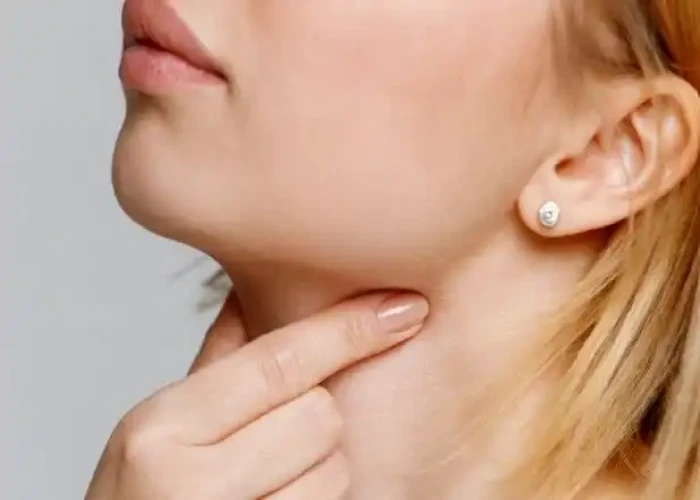
Voice disorders
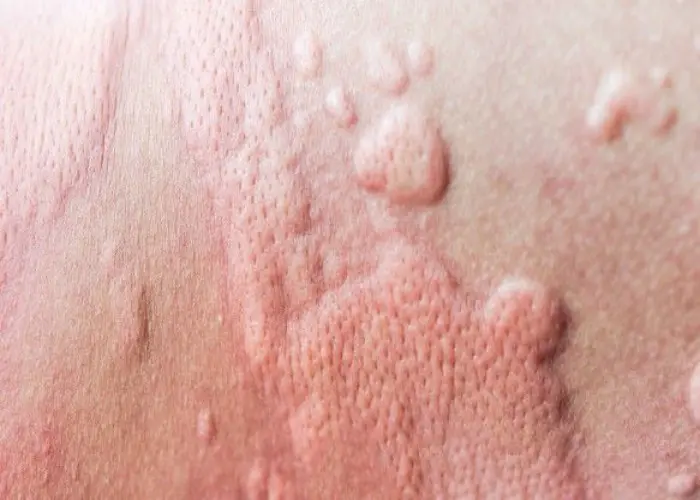
Hives and angioedema
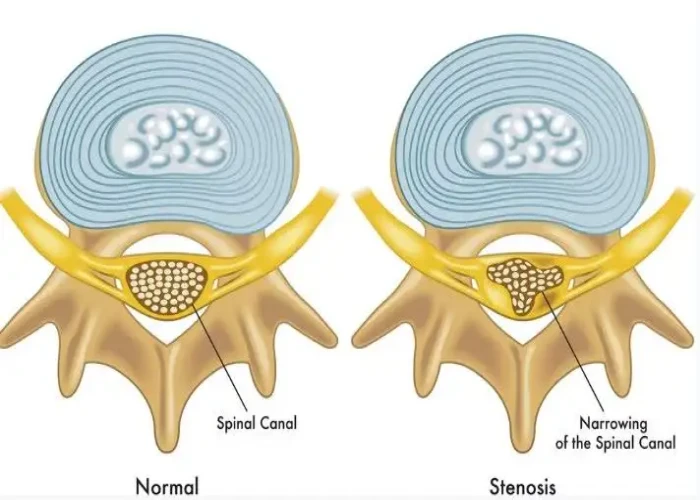
Spinal stenosis

Reactive arthritis
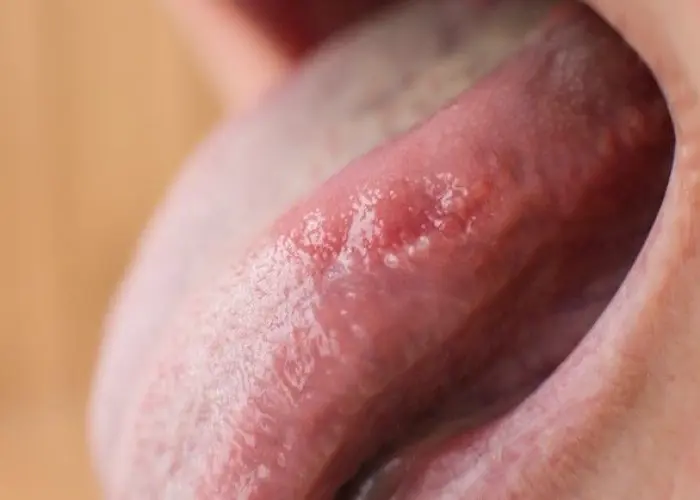
Glossitis (Inflammation of tongue)

Legg-Calve-Perthes disease
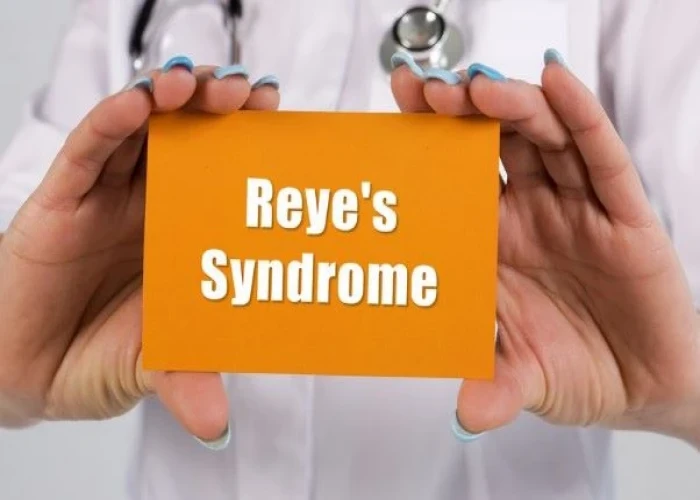
Reye's syndrome
nickel allergy, নিকেল অ্যালার্জি
To be happy, beautiful, healthy, wealthy, hale and long-lived stay with DM3S.
